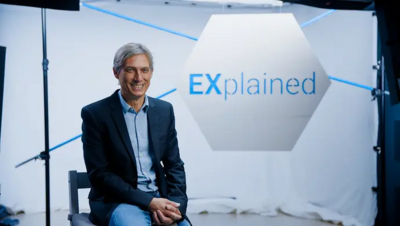
News

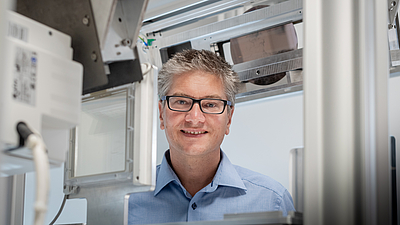
International recognition for physicist in the field of X-ray imaging
Prof. Franz Pfeiffer receives Blaise Pascal Medal

Autonomous ultrasound systems
Avatar’s presence inspires trust
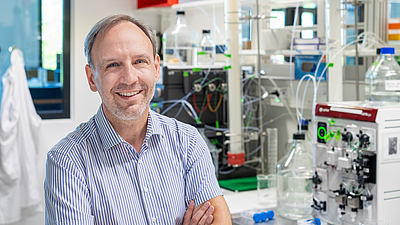
Hollow microparticles for cargo molecules
Slime as a material for multifunctional spheres

Faster diagnoses and shorter examinations
Artificial intelligence in medicine and everyday clinical practice

Dr. H. Ceren Ates honored with two awards for her doctoral thesis
Biosensor for personalized drug monitoring of antibiotics
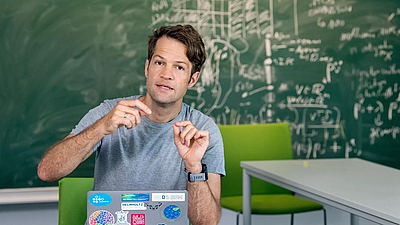
European Research Council funds Proofs of Concepts
Six ERC Grants for TUM researchers
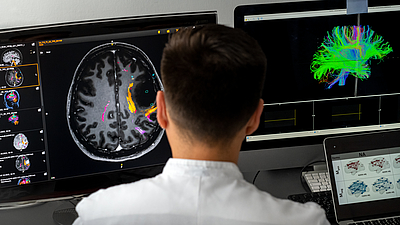
TUM Center for Structural and Functional Connectomics
New center for brain research on the Garching campus
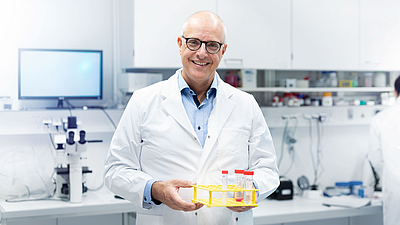
Heinz Nixdorf Foundation supports organoid research at TUM
Andreas Bausch is the new Nixdorf Professor

High honor for renowned biomedical scientist and TUM Emeritus of Excellence
Order of Merit of the Federal Republic of Germany for Prof. Axel Haase